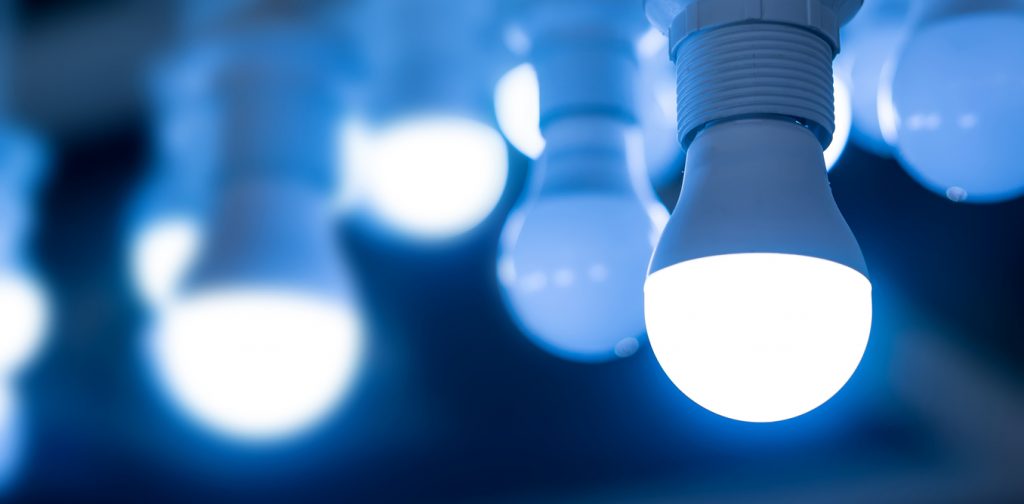DOE plans wasteful rollback of Residential Lighting Program standards
The Department of Energy plan to roll back federal energy efficiency light bulb standards will have wide-reaching consequences in Virginia and nationwide. ACEEE released this statement yesterday, positing that the decrease in regulatory standards would lead to an additional 80 billion kWh of energy usage per year, “about the combined usage of all households in Pennsylvania and New Jersey,” as well as pollution increases equal to, “the annual CO2 emissions of more than seven million cars.”
An estimated 115,000 jobs were predicted to come from Phase 2 of the Residential Lighting Program, with the average household saving roughly $100 dollars per year in energy costs.
Moreover, study after study has shown that low-income populations are consistently hit hardest by both energy costs and health effects. 8.5% of all Virginia residents suffer from asthma, with low income communities and young children affected at the highest rates. The environmental ramifications of deregulation will reverse the decreasing trend of asthma-related hospitalizations in the state.
Not only does this have negative consequences moving forward, but the standard that is now being rescinded was the basis of several SCC decisions to reduce energy efficiency program budgets in 2018. Appalachian Power was driven to withdraw one of the five proposed residential energy efficiency programs based on the SCC staff interpretation of the federal lighting standards. The SCC also reduced Dominion Energy’s low-income program from five to three years on the same basis. If implemented, these programs would have expanded LED installations, and other measures, across the state, saving money and conserving energy for the consumer.
As ACEEE stated, the draft rule “will almost assuredly draw legal challenges,” since the current roll back is most likely illegal, based on a federal law prohibiting the DOE from weakening energy efficiency programs on products like light bulbs.

